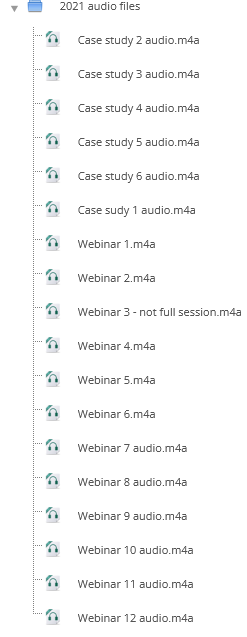Awareness campaign as a form of assessment

Over the years, the call for doing more practical activities outside of the classroom has increased at the tertiary level of education. A good number of students have developed the view that talking and reading about theories does not give them a practical sense of how the various theories are applied in the real world. Students have formally through the online unit evaluation mentioned the need for more practical placements, internship programs and excursions. For example, a student who evaluated a unit of mine said; "Theories would be much better and understandable if engaged with practical part of it" . Another said; "Knowledge without practical is useless" . The Graduate Tracer Study 2020 Formal Report also shared similar views by former students. A male participant said the University should; "Encourage practical learning for students and work placements for students in the work place" . A female participant said; "Engage students practically i...


